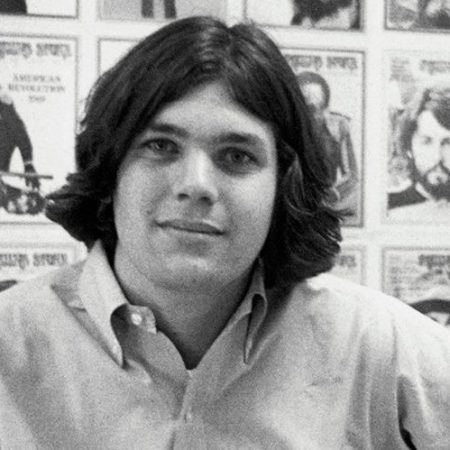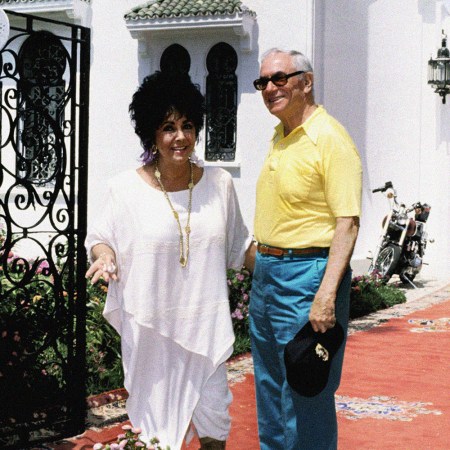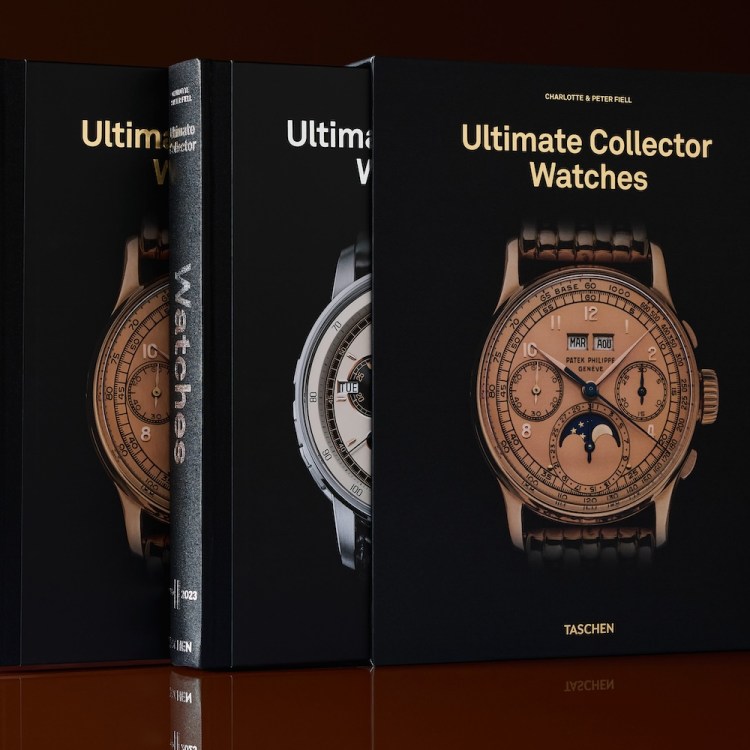Another Jann Wenner book, another tally of cringeworthy comments made while promoting it. This happened last year when Wenner was making the media rounds promoting his memoir; now, a single New York Times interview is enough to get things started. Wenner conversed with David Marchese for the Times and, as Stereogum’s Chris Deville pointed out, the fact that Marchese is an interviewer willing to challenge his subject saw Wenner digging himself into a hole — and then making that hole much, much deeper.
It’s probably worth mentioning here that the title of Wenner’s new book is The Masters: Conversations with Dylan, Lennon, Jagger, Townshend, Garcia, Bono, and Springsteen. And if you think that calling a book that contains interviews with seven white guys “The Masters” is not, perhaps, the greatest idea in the world — well, you’re not wrong. But it’s far from the only bad idea you’ll find here.
In the Times interview, Marchese brought up the artists included in the book as well as who was excluded. “There are seven subjects in the new book; seven white guys. In the introduction, you acknowledge that performers of color and women performers are just not in your zeitgeist,” Marchese said. “Which to my mind is not plausible for Jann Wenner. Janis Joplin, Joni Mitchell, Stevie Nicks, Stevie Wonder, the list keeps going — not in your zeitgeist?”
“When I was referring to the zeitgeist, I was referring to Black performers, not to the female performers, OK? Just to get that accurate. The selection was not a deliberate selection. It was kind of intuitive over the years; it just fell together that way,” Wenner replied. “The people had to meet a couple criteria, but it was just kind of my personal interest and love of them. Insofar as the women, just none of them were as articulate enough on this intellectual level.”
Marchese, to his credit, repeatedly challenged him on the matter. Wenner stood firm on his stance that “Joni [Mitchell] was not a philosopher of rock ’n’ roll. She didn’t, in my mind, meet that test.” He also stated that he wished he had interviewed Marvin Gaye or Otis Redding.
But even as he defended his position, some of Wenner’s arguments felt lacking. At one point, he told Marchese about comments made by the artists that he did select: “They were deep things about a particular generation, a particular spirit and a particular attitude about rock ’n’ roll.” But of the seven artists featured in the book, five rose to prominence in the 1960s; though he isn’t much younger than, say, Pete Townshend, Bruce Springsteen didn’t enter the spotlight until a decade later. As for Bono, 11 years Springsteen’s junior, it’s worth mentioning that U2’s debut album Boy wasn’t released until 1980. All of which suggests a much more arbitrary set of qualifications for inclusion.
And while Jann Wenner can include and exclude whomever he wants from his book, it’s also perpetuating some grotesque myths about modern music to only feature seven white guys. Are the seven musicians Wenner included critically and commercially acclaimed? Of course. But so are the musicians Marchese cited — and so would figures like Quincy Jones, Aretha Franklin and Nile Rodgers — among so many others.
A Brief Roundup of the Cringiest Things Jann Wenner Has Said While Promoting His New Book
The Rolling Stone founder has been spewing a lot of doozies while doing press for his new memoirLater in their interview, Marchese points out that Wenner’s selections seem more informed by his personal taste than by any objective measure. “The selection was intuitive. It was what I was interested in,” Wenner replies.
Unfortunately, what he says next is infinitely more frustrating: “You know, just for public relations sake, maybe I should have gone and found one Black and one woman artist to include here that didn’t measure up to that same historical standard, just to avert this kind of criticism.”
Everyone is entitled to have their favorite artists. In Wenner’s case, evidently, some of them are among the best-known musicians of the 20th century. But where things get much more complicated is when you start to believe that your favorite musician — or album, or movie, or book — is also the best of its kind simply because it’s your favorite. And when your personal canon becomes the Canon, it can lead to some embarrassing omissions.
Thanks for reading InsideHook. Sign up for our daily newsletter and be in the know.


















